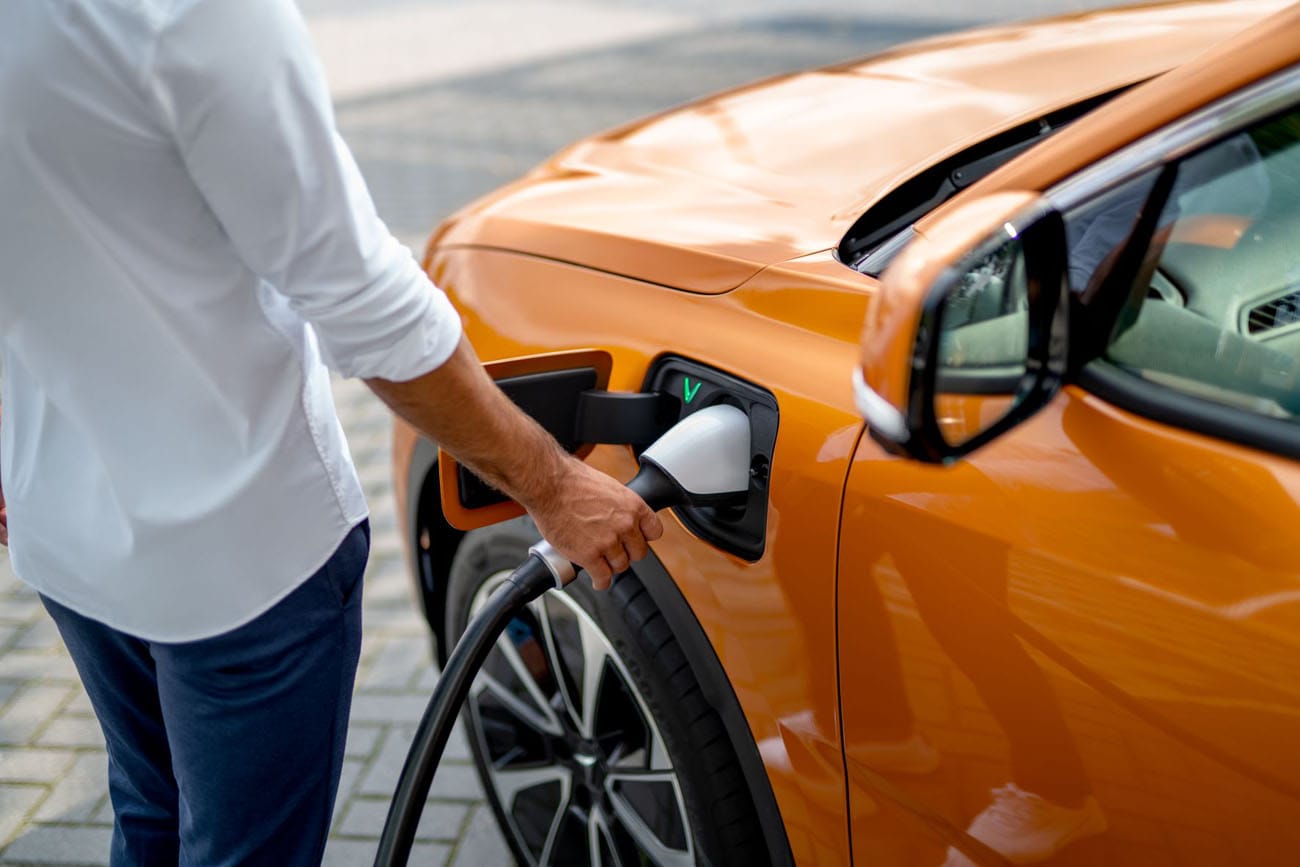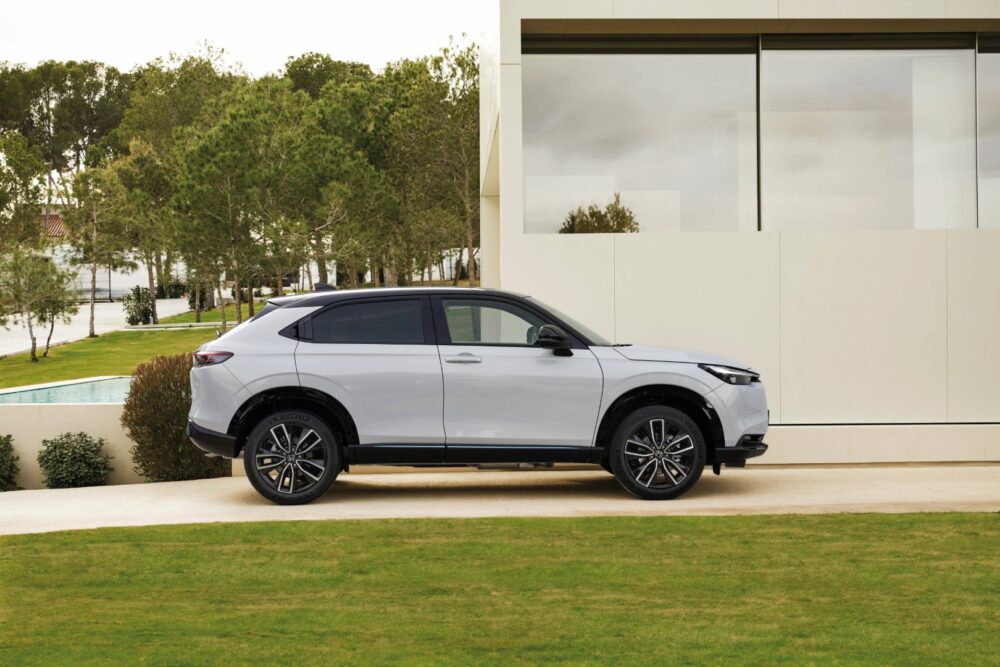Market: Are electric cars coming under pressure?
SALES The upward trend on the car market in Switzerland and the Principality of Liechtenstein continued in August. With 18,977 registrations of passenger cars, there was an increase of 15.8 percent compared to the same month last year.

Despite twelve consecutive months of market growth, the cumulative year-to-date level remains around 20 percent below that prior to the outbreak of the Covid pandemic. In addition, electromobility is at risk of being squeezed by ongoing supply uncertainty, rising electricity prices and the reintroduction of industrial tariffs due to the extension of the automobile tax to electric cars.
Significant increase
With 161,328 new registrations, the Swiss car market is expanding its cumulative increase in 2023 compared with the previous year to 13.9 percent, and alternative drives already account for 55.3 percent of the market. But a look behind the numbers brings to light the current challenges facing the Swiss automotive industry. The post-Covid recovery effect is still manageable, and the lower market volume is causing massive losses at many economic levels - from the small family-run village garage to the large vehicle importer.
Sagging to be feared
When looking at the market share of all-electric passenger cars, in terms of CO2-The market is also enjoying the high level of demand in August, which is higher than ever before at this point in the year. But dark clouds are gathering on the horizon for electromobility. Peter Grünenfelder, president of auto-schweiz: "Although politicians want to see electric vehicles on our roads in order to achieve climate targets, the same policies are worsening the framework conditions by the metre. Counterproductive to the transformation to electric driving is the Federal Council's plan to reintroduce an industrial tariff by extending the four percent automobile tax to electric vehicles from 2024. This will put the brakes on further growth."
Demands on politics
Politicians are now called upon to back up their climate-friendly words with actions that make a switch to zero-emission vehicles attractive. This includes a rapid expansion of domestic electricity capacities to ensure a secure supply of sufficient quantities of CO2-low electricity, a faster and simplified expansion of the charging infrastructure, and a waiver of the automobile tax on electric cars.









